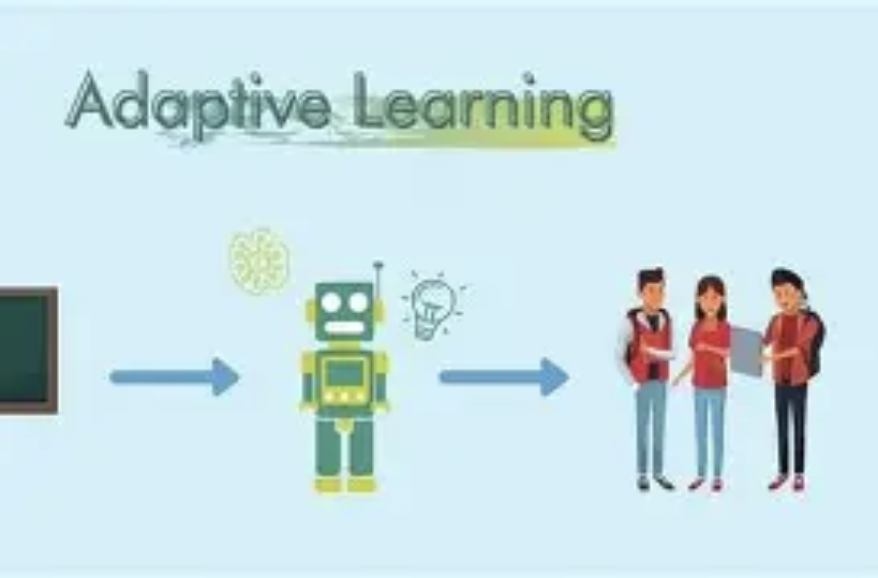The era of standard “suggested for you” lists is finished. The upcoming landscape of shopping depends on algorithms that not only forecast your desires but also recognize your silent preferences, adjust to your changing likes, and transform purchases into customized experiences. For wealthy shoppers, this transcends mere ease; it represents a retail experience that is as instinctive and individualized as having a personal stylist or curator available every hour of the day, every day of the week.

Sensory Shopping: AI Meets Haptic Tech
The primary disadvantage of online shopping—its inability to provide tactile experiences—is being addressed by haptic technology guided by algorithms. Companies such as Gucci have created augmented reality tools that modify the virtual texture of clothing based on the haptic feedback from your device: when you browse, you can “sense” the heft of a leather handbag or the gentleness of a silk scarf through swiping. Premium wine merchants utilize artificial intelligence to evaluate your flavor preferences and coordinate virtual tastings with haptic glasses that replicate the sensations of various bottle forms, thereby enriching the digital encounter through tangible feelings.
Wealthy consumers expect transparency, and algorithms are responding to this demand. Sites like Farfetch now allow users to apply “value filters”—such as artisan-crafted, fair trade, or carbon-neutral—and algorithms highlight brands that correspond with those principles. For instance, should you have a history of purchasing vintage jewelry, the AI will recommend new designers that utilize recycled materials, detailing the environmental implications of each option. This transforms shopping into an expression of your values rather than solely your likes.
Seamless Phygital Journeys: No More Friction
Algorithms are blending the boundaries between digital and physical shopping experiences. Picture entering a Louis Vuitton store: your smartwatch, linked through the brand's app, notifies employees of your recent online inquiry about a Speedy bag, and they have your chosen color and monogram prepared in advance. Alternatively, when purchasing an art piece online through Sotheby’s algorithm, it arranges a private viewing at a nearby gallery, handling all logistics from parking to refreshments through AI. This eradicates any obstacles; the entire experience flows effortlessly.

Adaptive Learning: Growing With Your Taste
The most effective algorithms adapt alongside you. If you've made a recent transition from minimalist to bohemian styles, the AI from Reformation will progressively modify its recommendations, registering changes in your purchases and social media interests. Even gourmet food services such as Dean & DeLuca's algorithm can recognize shifts in your taste preferences—if you begin to favor natural wines over robust reds, it will cease recommending cabernets and will introduce you to biodynamic pinot noirs, clarifying the reasons for the change in your taste profile.

Exclusive Access: Algorithms as Gatekeepers
For shoppers of luxury items, algorithms provide access to exclusivity. Companies like Rolex employ AI to pinpoint dedicated customers (not solely those who spend the most) and grant them early entry to limited-edition timepieces. Membership-based platforms such as Soho House utilize algorithms to recommend events tailored to your professional connections—inviting you to dine with a chef you admire or attend a workshop led by a designer whose collections you collect. This allows you to stay "in the loop" effortlessly.
The future of shopping does not imply algorithms will take control—it signifies that they will augment the personal touch. For discerning shoppers, this translates to an experience that is more intelligent, individualized, and representative of your identity. When consumerism converges with algorithms, the outcome is not merely an improved purchase but also an enhanced experience, customized specifically for you.




